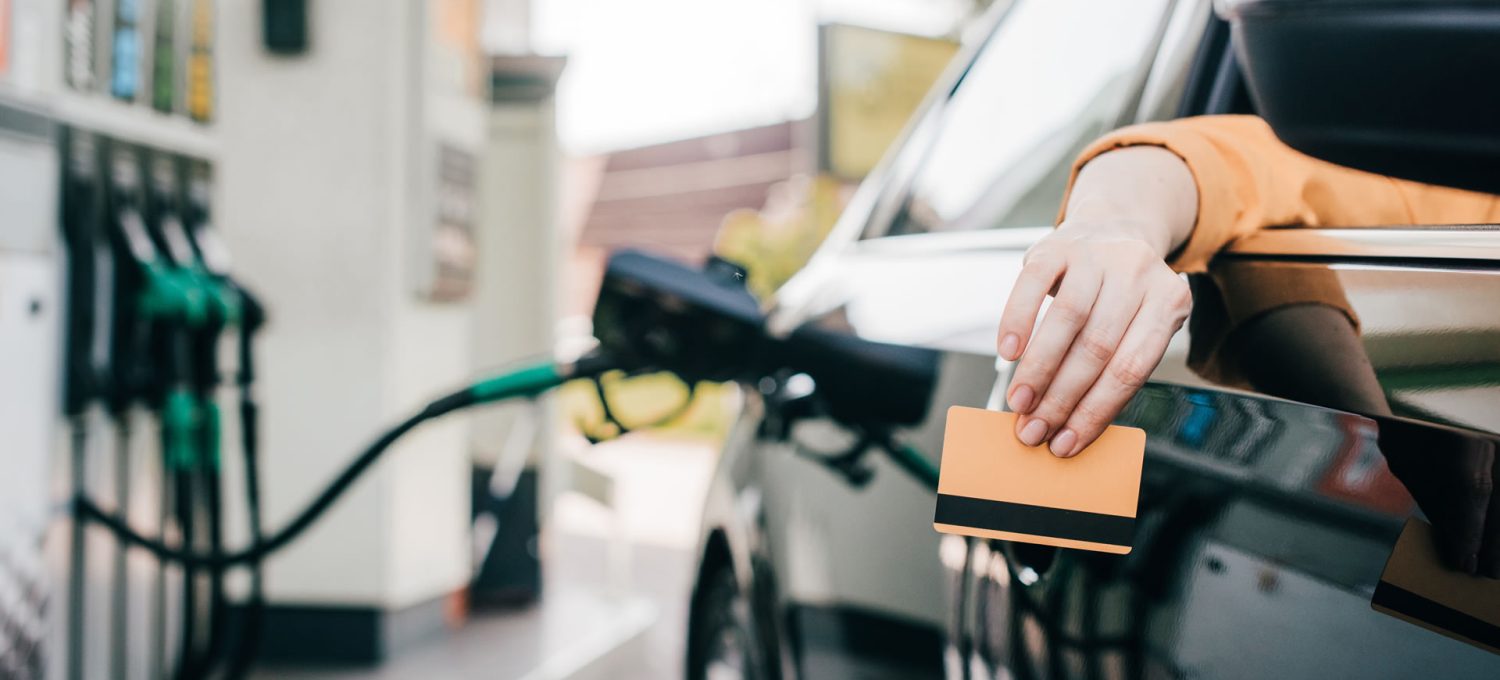In 2025, as the business world keeps changing, keeping an eye on how much we spend is more important than ever. Fuel costs, which are super important for companies that rely a lot on moving things around, are a big part of this. With the whole world moving towards being more eco-friendly and cost-effective, cutting down on costs is not just about saving money but also about taking care of our planet. This guide is all about sharing some smart ways to help your business spend less on fuel, making it both more profitable and kinder to the environment.
1. Getting to Know How Fuel Works
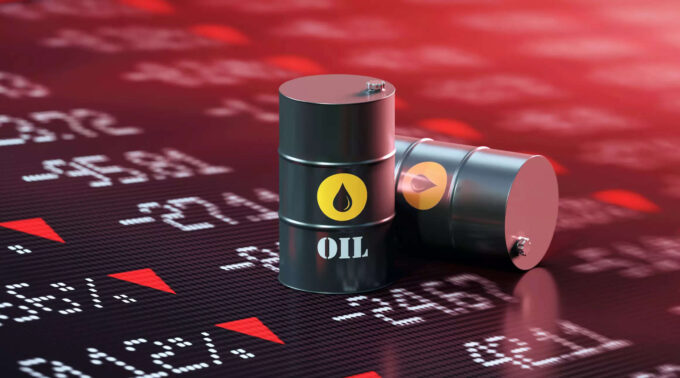
First up, it’s key to understand how the whole fuel thing works. Things like global oil prices, political issues, and how much fuel is available can really change how much fuel costs. Also, how well your vehicles run, how your drivers drive, and planning the best routes are all super important for how much fuel you use. Knowing all this stuff is the first step to spending less on fuel. In this context, exploring options like fuel cards for the UK can offer a lot of advantages for businesses.
2. Choosing the Right Vehicles and Keeping Them in Tip-Top Shape
A simple way to start saving on fuel is to make sure your vehicles don’t guzzle too much fuel. Thanks to new tech, we now have vehicles that go further on less fuel. It’s also important to keep these vehicles in good shape. This means checking things like tire pressure, how the engine runs, and changing the oil on time, which all help your vehicle use fuel more efficiently.
3. Training Your Drivers
The way we drive can really affect how much fuel we use. Speeding up too fast and slamming on the brakes can eat up a lot of fuel. By teaching your drivers how to drive in a more fuel-efficient way, like keeping a steady speed and using cruise control, you can save a lot of money.
4. Planning Your Routes Better
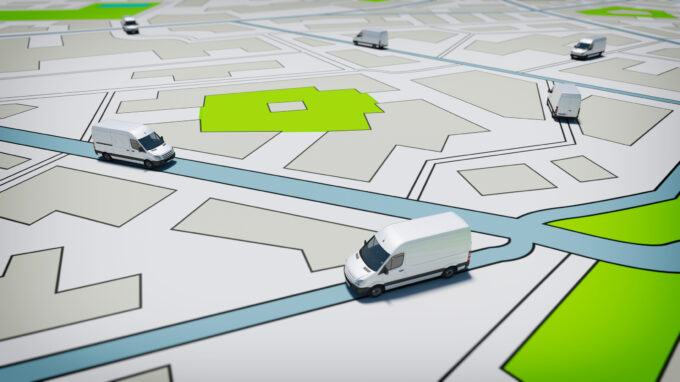
If you’re not planning your routes well, you could be using way more fuel than you need to. Thanks to cool GPS and routing software, you can now find the best ways to go, which means less driving and less fuel used. These tools take into account things like traffic, when you need to make your deliveries, and how much your vehicle can carry to make sure you’re always taking the smartest route.
4. Working From Home
With more people working from home, there’s a big chance to save on petrol . By not having to drive to work, employees use less fuel, which is great for both saving money and easing up traffic and pollution.
5. Using Fuel Management Systems

A fuel management system can give you a really clear picture of how your fleet uses fuel. It keeps track of all the petrol from when you buy it to when it’s used, showing you where you might be wasting fuel. This can help you make better decisions and save money.
6. Trying Out Different Fuels and Hybrid Vehicles
Looking into other kinds of fuel like biodiesel, ethanol, or electricity could save you a lot of money, especially as these get cheaper compared to traditional fuel. Hybrid and electric vehicles are also getting popular because they cost less to run and are better for the environment. Even switching a few vehicles in your fleet to these alternatives can make a big difference in your fuel costs.
7. Making Your Vehicles More Aerodynamic
For businesses that do a lot of highway driving, the wind can make your vehicles use more fuel. Making some changes, like adding side skirts or making sure your load is packed in a way that cuts down on wind resistance, can make your vehicles more fuel-efficient. These might seem like small tweaks, but they can save you a lot in the long run.
8. Leveraging Tech for Better Fuel Efficiency
There’s a ton of new tech out there that can help you use less petrol. For example, telematics systems can keep an eye on how your vehicles and drivers are doing in real-time, giving you info you can use to use less fuel. There are also software solutions that can handle a lot of the fuel-saving strategies we’ve talked about, like route planning and scheduling maintenance, making sure your business runs as smoothly as possible.
9. Locking in Fuel Prices
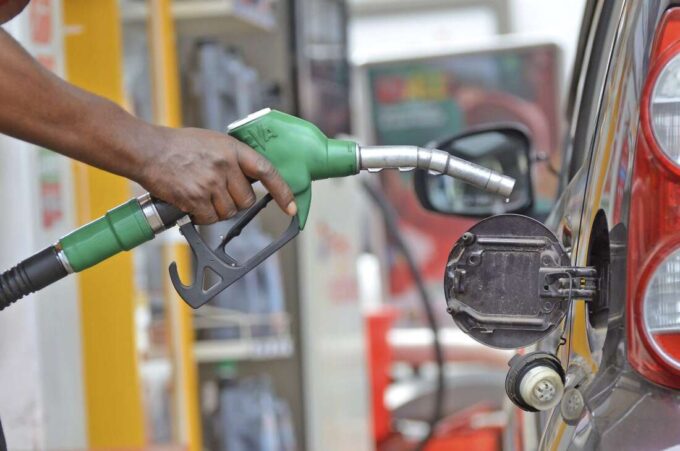
Fuel hedging is a fancy way to say you agree on a price for fuel for the future, which can protect you against sudden price jumps. This might not be for everyone since it’s a bit complex, but for businesses that really depend on fuel, it can help keep costs predictable and under control.
10. Offsetting Your Carbon
Getting involved in carbon offset programs is a cool way to deal with your fuel costs in a roundabout way. By putting money into projects that help the environment, you can not only make your company look good but also possibly get some tax breaks, which can help with your fuel expenses.
11. Setting Rules About Idling
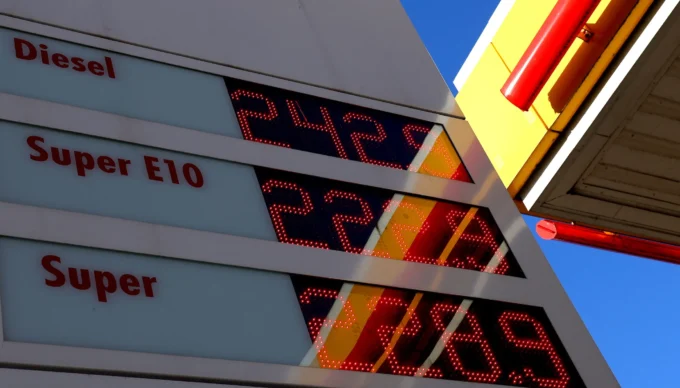
You might not think about it, but leaving vehicles idling can waste a lot of fuel. Setting up strict rules about not idling, especially for vehicles that have to wait around a lot, can save a bunch of petrol. Nowadays, most vehicles don’t need to be left running to “warm up,” so turning off the engine when you’re stopped for more than a minute can really help save on fuel.
12. Smartly Managing Your Stuff
How you manage your inventory can really impact your fuel costs, especially for businesses that need a lot of deliveries or are part of a supply chain. By keeping your inventory levels just right, you can avoid needing rush deliveries that burn a lot of petrol. Using a just-in-time (JIT) approach, where you order and get supplies only as needed, helps you cut down on unnecessary trips. This not only saves fuel but also reduces storage costs and waste from products that don’t get sold or go bad.
Wrapping It Up
In 2025, cutting down on fuel costs isn’t just about making more money; it’s also about building a business that’s good for the planet. By putting into practice the ideas we’ve talked about, like making sure your vehicles and driving habits are as fuel-efficient as possible, trying out new fuels or vehicle types, using tech to your advantage, and thinking about the bigger picture with things like carbon offsets and collaborative logistics, you can make a big dent in your petrol costs. This is not just good for your business, but it’s also a step in the right direction for our world.

